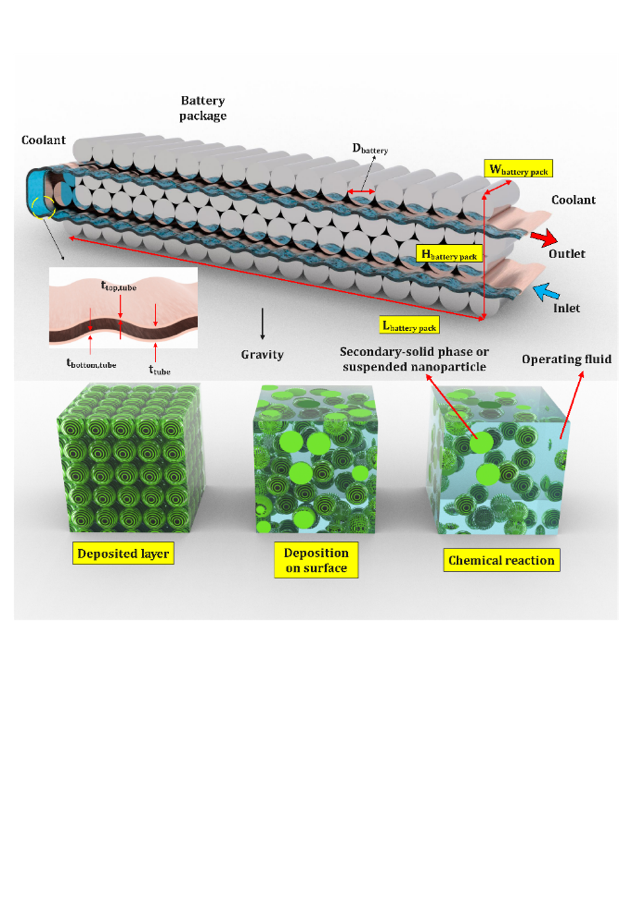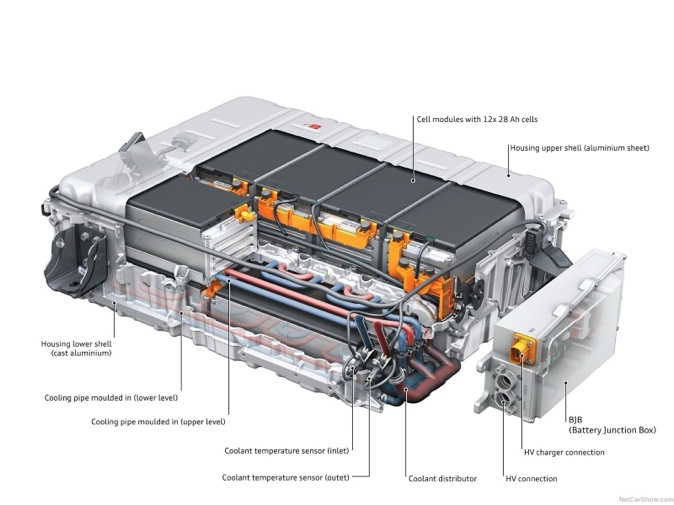ESP-HYBRID
Full name : ESP-HYBRID
Period : from 01/09/2023 to 15/11/2025
Project manager for CORIA : INSA (Laboratoire CORIA)
Scientific officer for CORIA : Mostafa SAFDARI SHADLOO
Scientific summary of the project :
ESP-HYBRID
A Multi-scale solution for battery thermal management and its long-term prediction
Batteries, a new generation of power source, play crucial roles in numerous devices, including automobiles. Batteries will produce heat as a result of chemical reactions. Battery thermal management (BTM) is one of the most vital components of the newest generation of heavy-duty batteries. The performance of a cooling system is contingent on many variables, including the type of coolant, the operating conditions, and the heat transfer rate. Sedimentation on the inner surface of cooling tubes can occur over time as a result of a chemical reaction or deposition of a secondary phase in the fluid. This process can be damaging and result in undesirable outcomes such as corrosion. This process can be damaging and result in undesirable outcomes such as corrosion. In this project, a novel hybrid simulation-prediction method based on high-fidelity numerical simulation and deep neural network (DNN) will be created for the first time to generate an accurate mathematical model for sedimentation prediction. In the first stage, a hybrid finite volume and lattice Boltzmann (FVLBM) will be developed for the deposition of the secondary phase. Later these particles are replaced with a real reaction process developed in molecular dynamics (MD) framework. This helps us model the chemical reaction responsible for CaCo3 sedimentation on the internal surface of the cooling system. We then develop machine learning methods for prediction of long-term behavior of the thermal system. In this phase, we also aim to reduce the computational costs of two previous. The experimental tests for particle depositions will be developed in partner university for validation purpose. Validated DNN will be the state-of-the-art data-based model for predicting sedimentation and its effect on the thermal performance of the BTM system.









